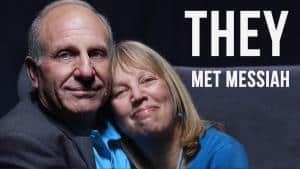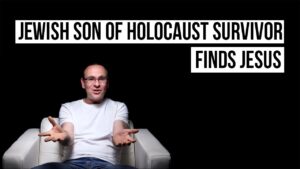Torah Portion for week 43: Numbers 33 – 36
מַסְעֵי
Masei (Journeys of)
This week’s Torah portion includes the final chapters of the book of Numbers; Numbers is actually called B’midbar in Hebrew, which means “In the Desert.” That’s a more exciting title than “Numbers,” but this book includes both – the seemingly mundane accounting of the numbers of tribes and people, and also the exciting adventures of what happened in the desert. Both are important, and these themes are intertwined with the laws that are still being given.
As their wandering is coming to an end, Moses is recounting their journey and explaining life in the promised land. Once they get there, they will still have problems from without – with rival nations. But the children of Israel also need to learn how to govern themselves. In this week’s passage, Moses explains the cities of refuge.
The judicial system in ancient Israel was actually quite complex and sophisticated. If someone was accused of manslaughter, he would flee to one of these cities. If he reached the city of refuge before being caught by the avenger of blood, the accused was in a place of safety and could stay there freely until he received a fair trial. This is described in Numbers 35:9-12:
And the LORD spoke to Moses, saying, “Speak to the people of Israel and say to them, When you cross the Jordan into the land of Canaan, then you shall select cities to be cities of refuge for you, that the manslayer who kills any person without intent may flee there. The cities shall be for you a refuge from the avenger, that the manslayer may not die until he stands before the congregation for judgment.
If the accused was found guilty of murder, he would be put to death. If it was determined that it was manslaughter, or unintentional murder, then the situation was different. He was allowed to live in the city of refuge. If he left the city before the death of the High Priest, he did so at his own risk. However, if the High Priest died, the accused was able to return to his own hometown and enjoy protection there, with no fear of the avenger of blood.
All of this sounds foreign to us, yet it is also a picture of something greater. These rules were similar to already existing laws that were prominent in the ancient Near East. But the biblical legislation added an important factor – grace. It allowed for accidents, and even the pardoning of the accused in some cases.
This is not just history; it is somewhat of a metaphor. As all sin leads to separation from God, even so the city of refuge kept the offender “outside the camp.” However, not all sins are necessarily equal. Yeshua taught this when he used the term “weightier matters of the law” in Matthew 23:23. Yet, he also said that murder goes much deeper than was ever explained or understood before. It not only describes the intention of those who commit murder, but even those who harbor such bitterness in their hearts. He said in Matthew 5:22, “But I say to you that everyone who is angry with his brother will be liable to judgment; whoever insults his brother will be liable to the council; and whoever says, ‘You fool!’ will be liable to the hell of fire.”
This is a difficult – no, impossible – standard. But there is a refuge. In ancient times the death of the High Priest allowed the accused to be released from the city of refuge. How much more the death – and resurrection – of our Great High Priest provides a refuge for us today.






















